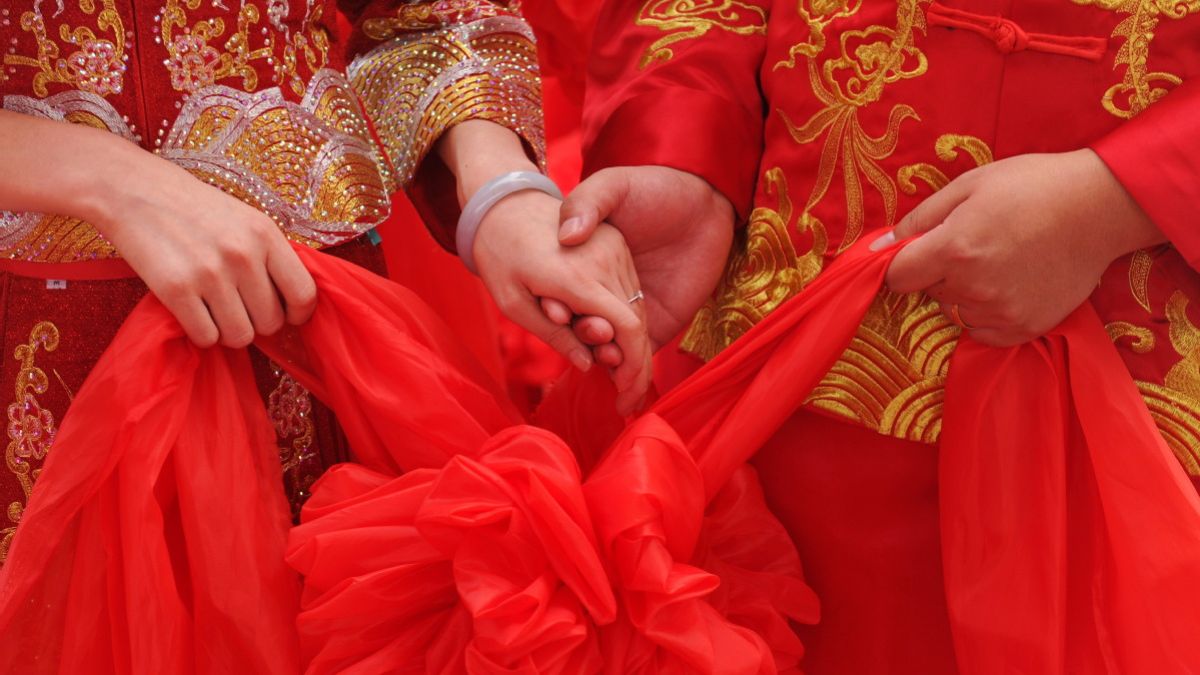Starting February 1, 2025, China’s new divorce law brings a major change to how property is divided after a marriage ends. The law says that property belongs only to the person who paid for it, even if their spouse helped financially in other ways.
This means a wife can no longer automatically claim part of her husband’s property after divorce unless she directly paid for it or is listed as an owner.
Key Rules of the New Law:
“Who Paid, Owns” Principle:
Property bought by one spouse—before or during marriage—remains theirs after divorce, regardless of shared use or indirect support.
Gifts from Parents Stay Personal:
If a parent gives a house to their child (often the husband), it stays with that child, even if the couple lived there or the other spouse paid part of the mortgage.
Non-Financial Work Doesn’t Count:
Raising children or managing the household is no longer seen as a contribution when dividing property.
Public Reaction and Consequences
Critics say this new law hurts stay-at-home spouses, most of whom are women. It ignores the value of unpaid labor like caregiving and homemaking.
The law has already led to a rise in prenuptial and postnuptial agreements, as couples try to protect their property under the new system.
Government’s Reasoning
China’s government says the change is meant to promote family stability and encourage marriage and childbirth, especially by reducing the financial risks of divorce for men. However, many women’s rights groups call it a step backward for gender equality.











